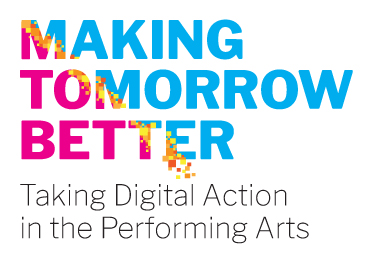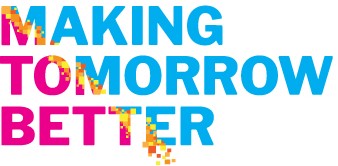Writing for people and coding for search engines
One way to get search engine optimization right is to turn the content creation process on its head and to think of SEO from the earliest stage of conception of a web site, or a web page. That means you’ll write the site for people and you’ll construct the site’s code for search engines.
Before you write new or revise existing content on each of your web pages or blog posts, define a focus keyword or key phrase. Choose a word or phrase that accurately describes what the content is about; and use words that match those your audience would use when searching for this content. Use your most important keywords, rather than many variants, in headings and body text. In practical term, this approach means that instead of starting by writing the text the human users will see, the content owner drafts the text for each event page’s web address (URL), as well as its title and description tag and any heading level 1 headlines first. These important pieces of information for SEO should be provided by the content owner and not left up to a web programmer.
Focus on Common and Clear Keywords
To undertake keyword research, the Google’s Adwords engine is a good source of information about the frequency of searches using a specific set of keywords. A number of other keyword tools exist online that can provide some insight into frequency of use as well as key competitors for the keywords you are most interested in. Remember that your location can be an important aspect of keyword-rich tags as well.
In the performing arts, it is important to highlight relevant and specific keywords in meta tags and the event content, such as:
- Location (town, province)
- Main category (performing arts, arts, entertainment)
- Genre (Music, Theatre, Dance, Play, Show, Performance)
- Subgenre (if relevant, e.g. blues, jazz, ballet, break dance)
- Artists (band name, play title, known parts of show, like Shakespeare or famous actors)
Once keywords are established and the overall tags are written, it is a matter of preparing the text and information for the human user while continually checking that the texts match the SEO requirements.
Scan-able text
Long, wordy sentences are hard for many to read and easily understand. For people with cognitive or learning disabilities, non-native speakers, aging-related conditions, or someone who’s tired or feeling unwell, dense, run-on text is a barrier to understanding and taking action. Using common, clear words is better for all readers, as well as search.
To make your content easier to read and understand:
- Write how you speak
- Ensure text is easy to scan
- Keep paragraphs short
- Use descriptive headings
- Use an online tool such as https://hemingwayapp.com/ or the readability tool within Yoast for SEO to improve the clarity of your writing
View or download the PDF of Building an effective web presence in 2022 – Understanding Search Engine Optimization
Written by Briana Doyle, Troubadours & Vagabonds Productions, and Inga Petri, Strategic Moves
December 2021
Links to Topics
Building an Effective Web Presence in 2022: First Impressions and Your Digital Footprint
Essential New Web Building Blocks
Understanding Search Engine Optimization (SEO)
Writing for people and coding for search engines
Content Drives Linking Strategy
Good design drives user experience and usability




